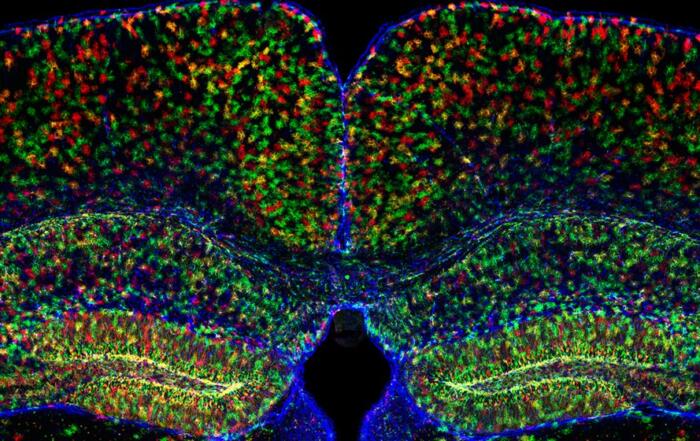Join Barry Setlow as he discusses the behavioral and biological mechanisms of cost-benefit decision making in rodent models, with a focus on how substance use can affect variability and long-term consequences in decision making.
Nearly every aspect of life involves decisions between options that differ in both their expected rewards and the potential costs (such as delay to reward delivery or risk of harm) that accompany those rewards. The ability to choose adaptively when faced with such decisions is critical for well-being and overall quality of life; however, decision making is often compromised in neuropsychiatric conditions such as substance use disorders, which can prolong and exacerbate their severity and co-morbidities.
During this webinar, Dr. Barry Setlow discusses research in rodent models investigating behavioral and biological mechanisms of cost-benefit decision making. In particular, he focuses on factors (including sex) that contribute to differences in cost-benefit decision making across the population, how variability in decision making is related to substance use, and how substance use can produce long-lasting alterations in decision making. It is hoped that a better understanding of these relationships may lead to new therapeutic approaches for neuropsychiatric conditions characterized by maladaptive decision making.
Key Topics Include:
- Understand how different forms of cost-benefit decision making can be modeled in rats
- Understand the contributions of gonadal hormones to sex differences in cost-benefit decision making
- Understand the lasting effects of chronic cocaine on cost-benefit decision making
Click to watch the webinar recording. To view the presentation full screen simply click the square icon located in the bottom-right corner of the video viewer.
Resources
To retrieve a PDF copy of the presentation, click on the link below the slide player. From this page, click on the “Download” link to retrieve the file.
Presenters
Professor
Psychiatry
University of Florida















